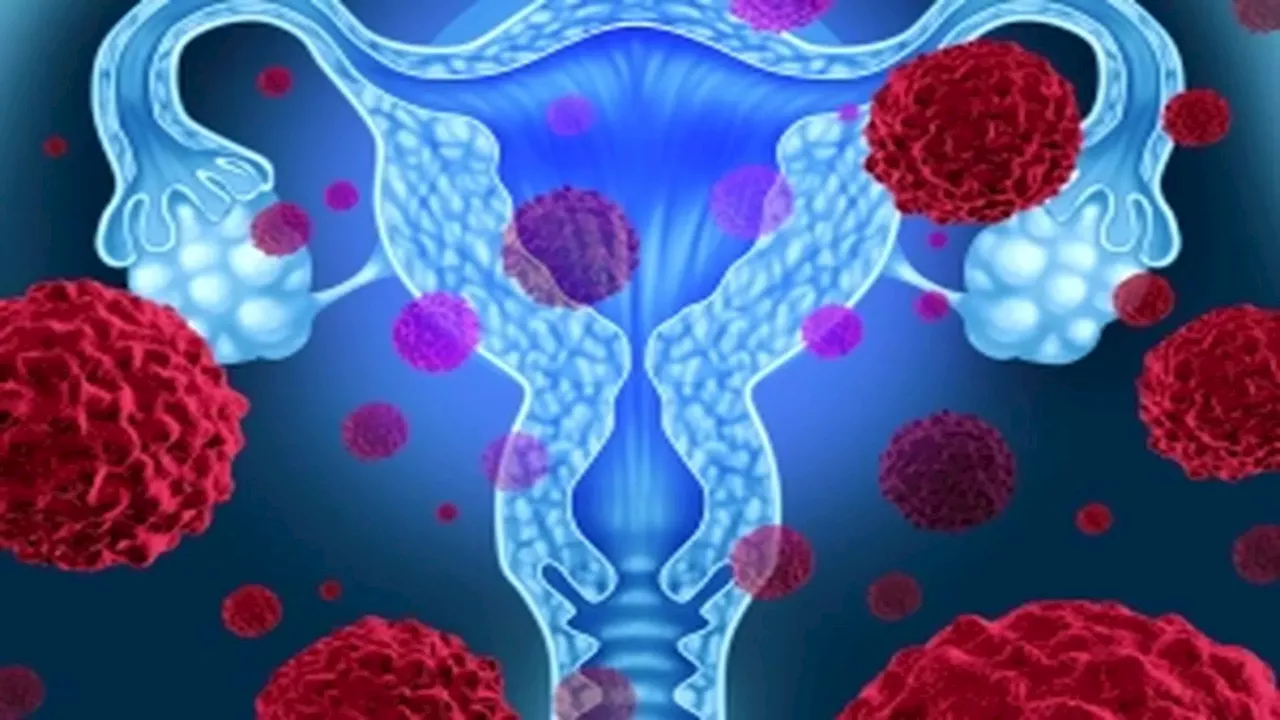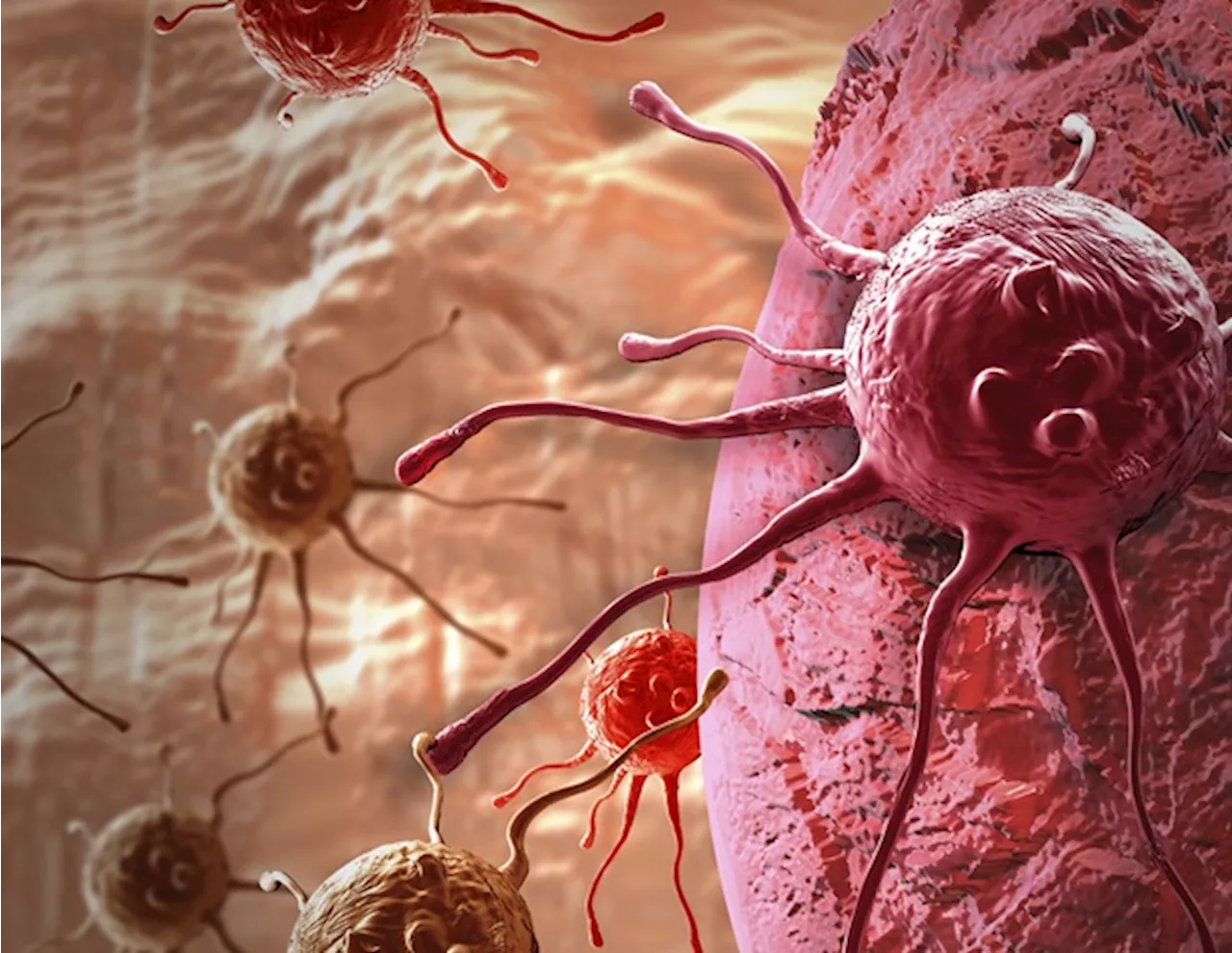A team of researchers from the Hebrew University of Jerusalem, the Weizmann Institute of Science, and the University of Tokyo has made a significant breakthrough in the fight against cancer by developing a highly selective inhibitor for an enzyme called Matrix Metallopeptidase 7 (MMP7).
Hebrew University of JerusalemOct 18 2024 A team of researchers from the Hebrew University of Jerusalem, the Weizmann Institute of Science, and the University of Tokyo has made a significant breakthrough in the fight against cancer by developing a highly selective inhibitor for an enzyme called Matrix Metallopeptidase 7 . This enzyme plays a crucial role in cancer progression, especially in helping tumors invade surrounding tissues and spread to other parts of the body .
Led by Professor Norman Metanis and PhD student Hiba Ghareeb from the Hebrew University, in collaboration with Professor Irit Sagi from the Weizmann Institute of Science and Professor Hiroaki Suga from the University of Tokyo, the study utilized a pioneering approach called Mirror-Image Random Nonstandard Peptide Integrated Discovery .
One of the standout peptides discovered in this study, named D'20, was designed in a unique mirror-image form. This peptide is made up of twelve specially modified building blocks called D-amino acids, along with other structural elements, making it both stable and highly specific. In laboratory tests, D'20 demonstrated impressive ability to block MMP7 activity with a high degree of precision, without affecting other enzymes that have similar functions.
The stability of D'20 was also remarkable—it retained its structure and function in human blood and in conditions that simulate the digestive system, suggesting it has great potential for further development as a drug. This level of stability is key in ensuring that the peptide can work effectively in the human body over time.
This research not only offers new hope for targeting MMP7 in cancer therapy but also showcases the power of mirror-image random peptide discovery technology in developing new treatments. By creating highly specific and stable peptides, the team has opened up exciting possibilities for treating aggressive cancers, like pancreatic cancer, and improving the outlook for patients facing these difficult diseases.Journal reference:Metanis, N., et al. .
Cancer Treatment Drugs Enzyme Metastasis Pancreatic Cancer Peptides Research Technology
United Kingdom Latest News, United Kingdom Headlines
Similar News:You can also read news stories similar to this one that we have collected from other news sources.
 University narrowly misses out on prestigious UK-wide awardThe University of Nottingham and Nottingham Trent University are not amongst the winners this year
University narrowly misses out on prestigious UK-wide awardThe University of Nottingham and Nottingham Trent University are not amongst the winners this year
Read more »
 Nottingham Universities Miss Out on Top Spots in The Sunday Times Good University Guide 2025The University of Nottingham and Nottingham Trent University (NTU) have both fallen short of winning top awards in The Sunday Times Good University Guide 2025. While the University of Nottingham dropped to fifth place among Midlands institutions, NTU rose to seventh and came runner-up for Modern University of the Year.
Nottingham Universities Miss Out on Top Spots in The Sunday Times Good University Guide 2025The University of Nottingham and Nottingham Trent University (NTU) have both fallen short of winning top awards in The Sunday Times Good University Guide 2025. While the University of Nottingham dropped to fifth place among Midlands institutions, NTU rose to seventh and came runner-up for Modern University of the Year.
Read more »
 Glasgow universities named top 5 in prestigious Times and Sunday Times GuideLast year, Glasgow University was crowned Scottish University of the Year, however this year the University of St Andrews has taken first place in the prestigious ranking.
Glasgow universities named top 5 in prestigious Times and Sunday Times GuideLast year, Glasgow University was crowned Scottish University of the Year, however this year the University of St Andrews has taken first place in the prestigious ranking.
Read more »
 Antonelli reveals Spa F1 test breakthrough in curing core weaknessAndrea Kimi Antonelli pointed to a critical moment that convinced Mercedes to hand him F1 seat for 2025
Antonelli reveals Spa F1 test breakthrough in curing core weaknessAndrea Kimi Antonelli pointed to a critical moment that convinced Mercedes to hand him F1 seat for 2025
Read more »
 Breakthrough in mirror molecule synthesis opens doors for drug discoveryA University of Texas at Dallas chemist and his colleagues have developed a new chemical reaction that will allow researchers to synthesize selectively the left-handed or right-handed versions of 'mirror molecules' found in nature and assess them for potential use against cancer, infection, depression, inflammation and a host of other conditions.
Breakthrough in mirror molecule synthesis opens doors for drug discoveryA University of Texas at Dallas chemist and his colleagues have developed a new chemical reaction that will allow researchers to synthesize selectively the left-handed or right-handed versions of 'mirror molecules' found in nature and assess them for potential use against cancer, infection, depression, inflammation and a host of other conditions.
Read more »
 New cervical cancer treatment cuts risk of death by 40% in ‘biggest breakthrough in 20 years’...Cervical cancer warning signs you should NEVER ignore, with Doctor Philippa Kaye
New cervical cancer treatment cuts risk of death by 40% in ‘biggest breakthrough in 20 years’...Cervical cancer warning signs you should NEVER ignore, with Doctor Philippa Kaye
Read more »
